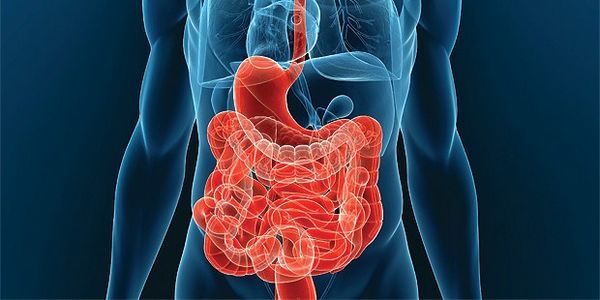Irritable Bowel Syndrome – treatment of disease. Symptoms and prevention of diseases of irritable bowel syndrome

Irritable Bowel Syndrome – What is this disease? Irritable bowel syndrome is disruption of bowel, manifested chronic abdominal pain, the feeling of discomfort, swelling and other symptoms.
When this organic changes in irritable bowel syndrome is not observed.
Irritable Bowel Syndrome – The cause of the
The exact causes of irritable bowel syndrome are not yet known. Often has to say about the whole complex of reasons, as a result of implementing this pathology.
Among the factors, contributing to the development of irritable bowel syndrome, often emit:
- hereditary predisposition;
- endocrine changes in the body;
- stresses;
- taking some medicines, in particular, antibiotics;
- unhealthy food. Noted, that drinking large quantities of baked goods, cereals, sweetener manufacturers, insoluble fiber, products with high content of gluten, alcoholic beverages, caffeine, fatty foods and carbonated beverages increases the likelihood of irritable bowel syndrome.
Irritable Bowel Syndrome – Symptoms
Symptoms of irritable bowel syndrome may be discomfort and abdominal pain, that may diminish or completely passes after a bowel movement. For this disease is also characterized by the presence of diarrhea (can be interleaved with constipation), nausea, abdominal distention, severe belching, feeling of incomplete bowel emptying after urinating.
Among the other symptoms may be fatigue, headache, sleep disturbance, irregularity in the heart, violation of urination, depression, decreased sex drive and other symptoms.
Irritable Bowel Syndrome – Diagnostics
All of the above symptoms can be observed in any other gastro-intestinal diseases. Symptoms of irritable bowel syndrome nespecifichna, Therefore, the diagnosis is exposed on an exception basis. Patient must undergo full screening for inflammatory and other pathological processes in the gastrointestinal tract. If none is found, What is diagnosed as "irritable bowel syndrome".
To diagnose irritable bowel syndrome the following laboratory and instrumental examination methods:
- · General and biochemical blood test;
- · COPROCITY;
- · Calais analysis for the presence of worms, bacteria and occult blood;
- · A finger examination of the rectum;
- · Sectoronoscopy;
- · colonoscopy;
- · Esophagogastroduodenoscopy;
- · Ultrasound examination of the abdominal organs and pelvic organs;
- · Gynecological examination;
- · Consultation of a psychotherapist.
Irritable Bowel Syndrome – Types of disease
Depending on the symptoms maybe three variants of currents of irritable bowel syndrome:
- · Irritated intestines with a predominance of abdominal pain and flatulence.
- · Irritated intestines with a predominance of diarrhea.
- Irritable bowel syndrome with constipation as the leading symptom.
Irritable Bowel Syndrome – Actions of the patient
When it encounters a host of painful sensations in the stomach, you must consult your doctor. It is important to exclude possible gastrointestinal disorders.
Irritable Bowel Syndrome – Treatment
Irritable bowel syndrome treatment should be complex. First and foremost is a balanced diet, as well as the Elimination of symptoms. Often resort to trauma treatment using Neuroleptics and antidepressants.
Depending on the clinical picture of syndrome irritated bowel syndrome drug treatment should be aimed at eliminating constipation, diarrhea and flatulence. If there is pain appointed painkillers.
As for the food, You must exclude the use of the products, causing excessive flatulence. Is breadstuff, cabbage, grapes, beans. To exclude the use of smoked meats, spices, fatty foods and sweets.
Irritable Bowel Syndrome – Complications
Irritable bowel syndrome can be complicated following States:
- gastritis;
- pancreatitis;
- cholecystitis;
- cholelithiasis;
- abdominal distention;
- acute abdominal pain;
- fever;
- pale skin;
- nausea and vomiting.
Irritable Bowel Syndrome – Prevention
Irritable bowel syndrome prevention boils down to the following activities:
· Balanced diet. Need adequate fiber intake (vegetables and fruits). You should limit the use of fried, canned, as well as too hot and too cold food.
- Treatment of mental disorders.
- · Sports activities.
